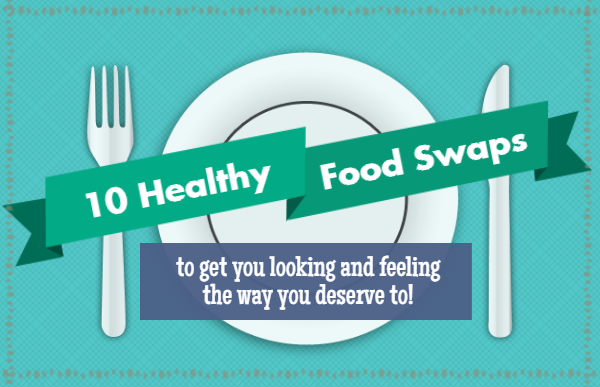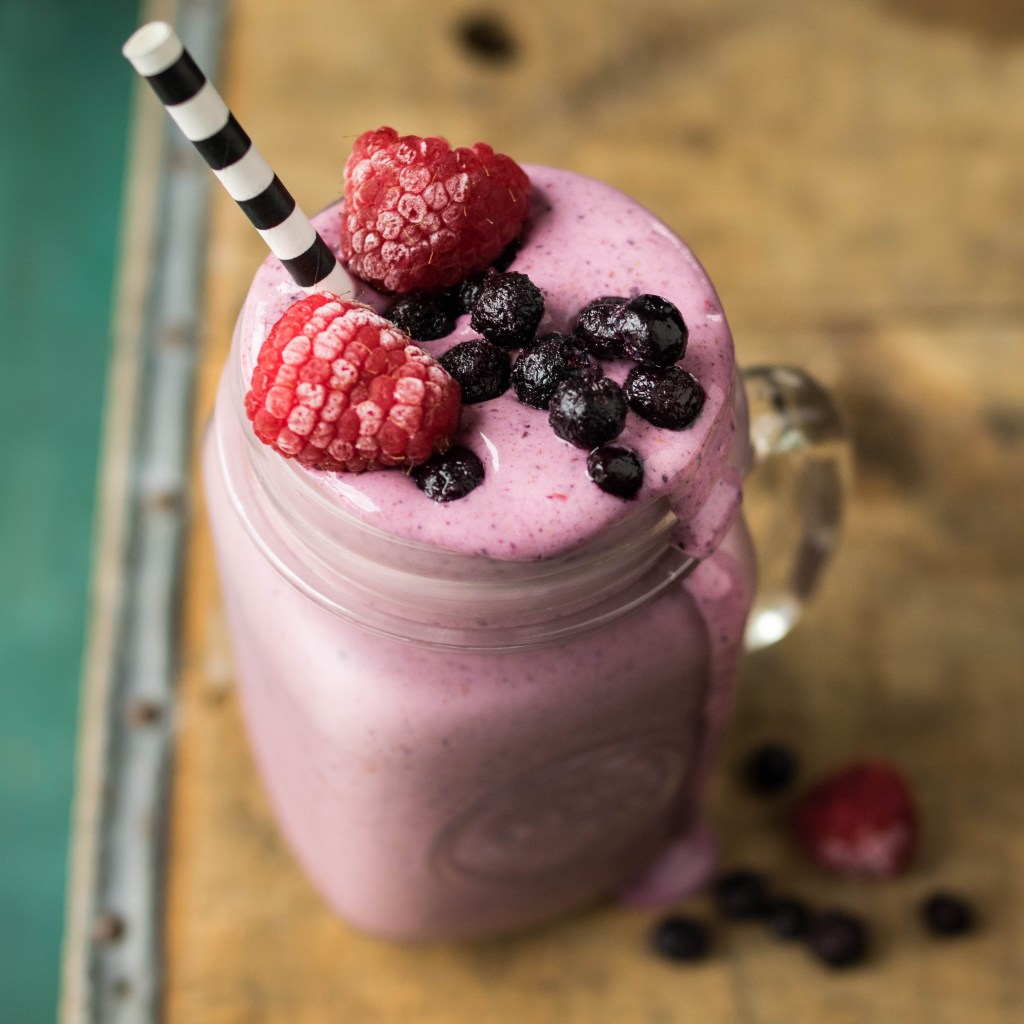Are frozen fruits and vegetables healthy?
I live about a block away from one of my favorite organic grocery stores, Earthfare. This is good news for my gas bill, seeing as I make a trip there at least 3 times a week. I love grocery shopping (don’t judge me), but I was a little concerned the other week when I heard my name being called out while in the checkout line, and I realized it was the cashier waving me to her open register. May be a sign I like grocery shopping a little too much.
But I have to make extra trips for groceries in the winter, when the farmer’s markets around here are cold and barren and I am forced to buy produce that was shipped across the country. Most of the produce eaten in America is grown in California, the breadbasket our nation. The soil is fertile, and the growing season long, making the task of feeding millions of hungry Americans a possibility.
A long journey
I’m glad I can eat almost any produce I want year round, but the cross-country road trip that it must make before arriving in my refrigerator results in fruits and vegetables that are less nutritious than they could be.
Prematurely plucked
Because they have a long journey ahead of them, produce is usually picked before it has a chance to ripen, resulting in a less developed nutrient profile from the start. Fruit in particular is picked very prematurely since the natural sugars it contains cause it to over ripen quickly on its ride to your shopping cart.
But the minute fruits and vegetables are picked, they begin to lose important nutrients. The folate that fresh spinach contains is reduced by half after only 8 days, and the Vitamin C in broccoli meets an even worse fate. (source)
Sometimes it’s fun to try to use up all the fresh produce I have before it starts to look tired and under-enthusiastic (but again, sort of a vegetable geek). Still, I always keep my freezer packed with frozen fruits and vegetables to throw together quickly on rushed nights. It’s one convenience food that has the added benefit of a nutritional guarantee.
Locking in the good stuff
Frozen produce is allowed to come to it’s full ripeness naturally, while still attached to the earth. This nutritionally peaked harvest is then blanched and flash frozen, effectively locking in the invisible components that make eating fruits and veggies vital to our health. The same broccoli that lost more than half its Vitamin C in a week will have lost only 10% after a year of being frozen. (source)
Produce that is picked before it is anywhere close to ripeness will also be treated with artificial ripening agents; gases that are applied en route to speed up ripening and make sure that your green tomato is perfectly red by the time it reaches you. The safety of these gases is not completely clear, and there are certain health hazards that are associated with the ripening agents. Enough concern that some countries have issued and implemented acts and laws to prohibit the use of artificial ripening. (source)
Sometimes convenience can be good for us too
I do my best to eat locally grown produce as much as I can, because I know my body will get the most nourishment when the distance from pick to plate is the shortest. But until I live in California, I will continue to utilize frozen produce as a healthy, convenient option. You can take as much as you need, so you’re less likely to waste, and you can move right from freezer to pan, cutting out the knife work that usually comes along with dinner prep.
It’s not that often that convenience and good health go hand in hand. So when they do, you’d better take advantage.
*I don’t recommend frozen vegetables with sauces included, as these usually contain ingredients not included in a real food diet.








Frozen veges is not my type but when it’s not season I have no choice but to buy this one.